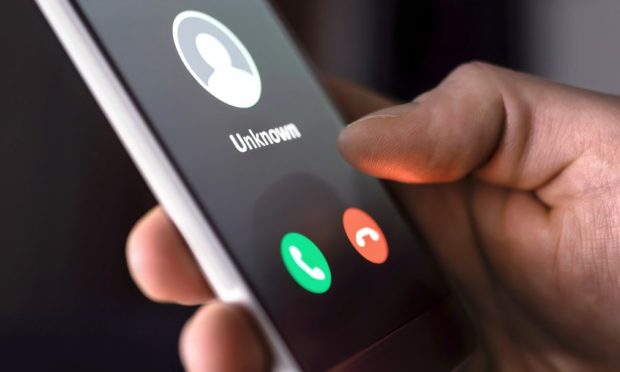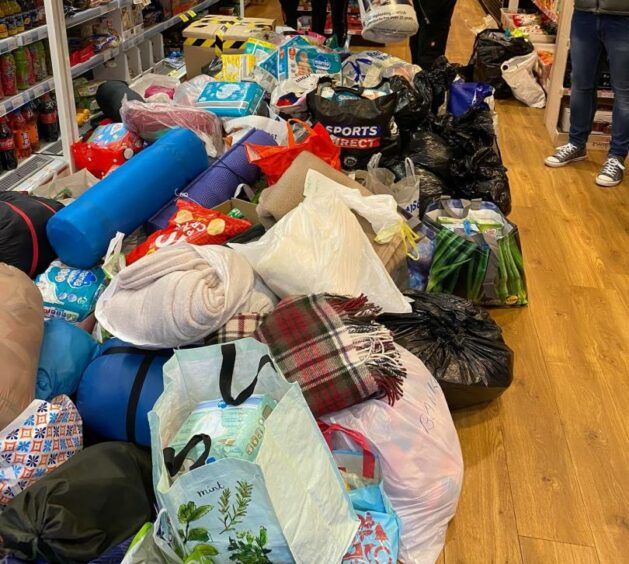People are being urged to be vigilant against scammers exploiting the Ukraine crisis.
Millions of pounds have been donated to charities supporting Ukrainian refugees following Russia’s invasion, with truckloads of essential items also being filled by kind-hearted people from across the north and north-east.
However, not all calls for donations are honest in their intent, as some intend to scam people into giving money, which never goes to those in need.
Advice Direct Scotland, which runs the country’s national consumer advice service, is now urging people to use caution when choosing which cause to support.
Scots should be cautious if they receive a request from someone who claims to be stuck in Ukraine or needs help with repatriation or travel costs.
The body also warned people to be wary of anyone requesting financial assistance for the burial of a loved one or from people claiming to be “defending freedom”.
Colin Mathieson, a spokesman for Advice Direct Scotland, said: “Scammers often use political and world events to take advantage of people and their good nature, and the current tragedy in Ukraine will be no different.
“We would advise people who want to help to consider donating to organisations that are already providing support in Ukraine, such as the DEC appeal, the British Red Cross or another registered charity.
“It is important to remain vigilant and report scams and suspicious activity to the correct authorities.”
Common scam signs
- Long and convoluted web/email addresses with characters out of place.
- Unsecure websites that throw up security warnings by your browser or anti-virus software.
- Spelling errors that genuine organisations and businesses are unlikely to have on their websites or marketing materials.
- Blurry images, logos and branding can signal that materials have been copied.
- For door-to-door charity collectors or those operating in public places, always request identification that shows they work for the charity.
- Check charity registration numbers with the relevant charity regulators
To report scammers to the authorities use the quick reporting tool here.

